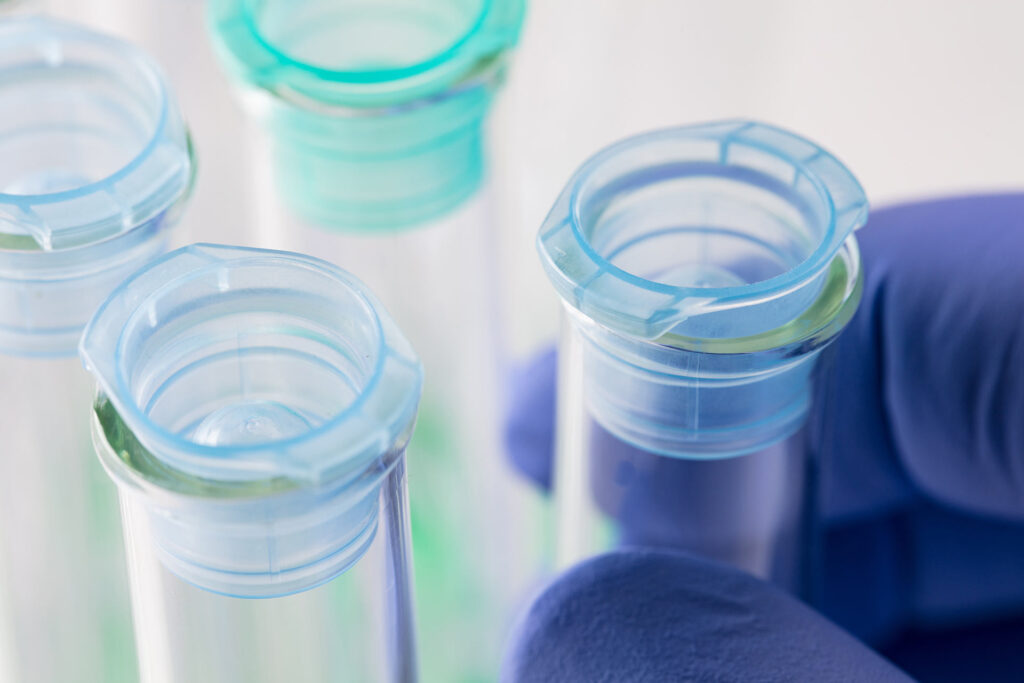

The researchers working on this project are from the Western Schulich School of Medicine & Dentistry. To make their findings clear I will compare them with something familiar. Consider any translation app that you use on your smartphone. Now, imagine there is an error in its software programing that regulates the input and output in the app. This error is such that it affects the output even if the input is correct. To put it bluntly, you write white and it translates to the word for wheat. Translated into scientific terms the researchers claim that tRNA can have mutations that affect how the code is read. This, in turn, influences the protein formation in our organisms.
The researchers wanted to uncover the main reason why some people have diseases while others do not. But they didn’t want to look at protein mutations and choose instead to focus on tRNA. Looking at how they influence the development of genetic diseases.
The researchers devised a new method for sequencing and reading tRNA, so they can have a better understanding of individual genetic variation. The study looks at the transfer of ribonucleic acids from 84 individuals that live in London, Ontario. The results show us that every person possesses an average of 66 variations in their tRNA.
The results of the study confirm the scientist’s hunch. That is, not only is the role of tRNA underestimated in the study of genetic diseases. But the study results also show that tRNA can have mutations on it that cause the genetic code to be misread. Also, the scientists claim, that the mutations occur in greater volume than we thought before. Practically speaking people with ten wrong transfers have more diseases than those that have one. In addition to this, they also discovered that no two people have the same tRNA.
https://www.eurekalert.org/pub_releases/2019-08/uowo-lit081319.php

Monday – Friday
9 AM – 5 PM EST
DISCLAIMER: ConductScience and affiliate products are NOT designed for human consumption, testing, or clinical utilization. They are designed for pre-clinical utilization only. Customers purchasing apparatus for the purposes of scientific research or veterinary care affirm adherence to applicable regulatory bodies for the country in which their research or care is conducted.